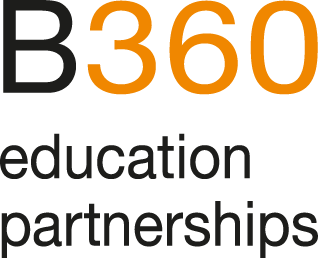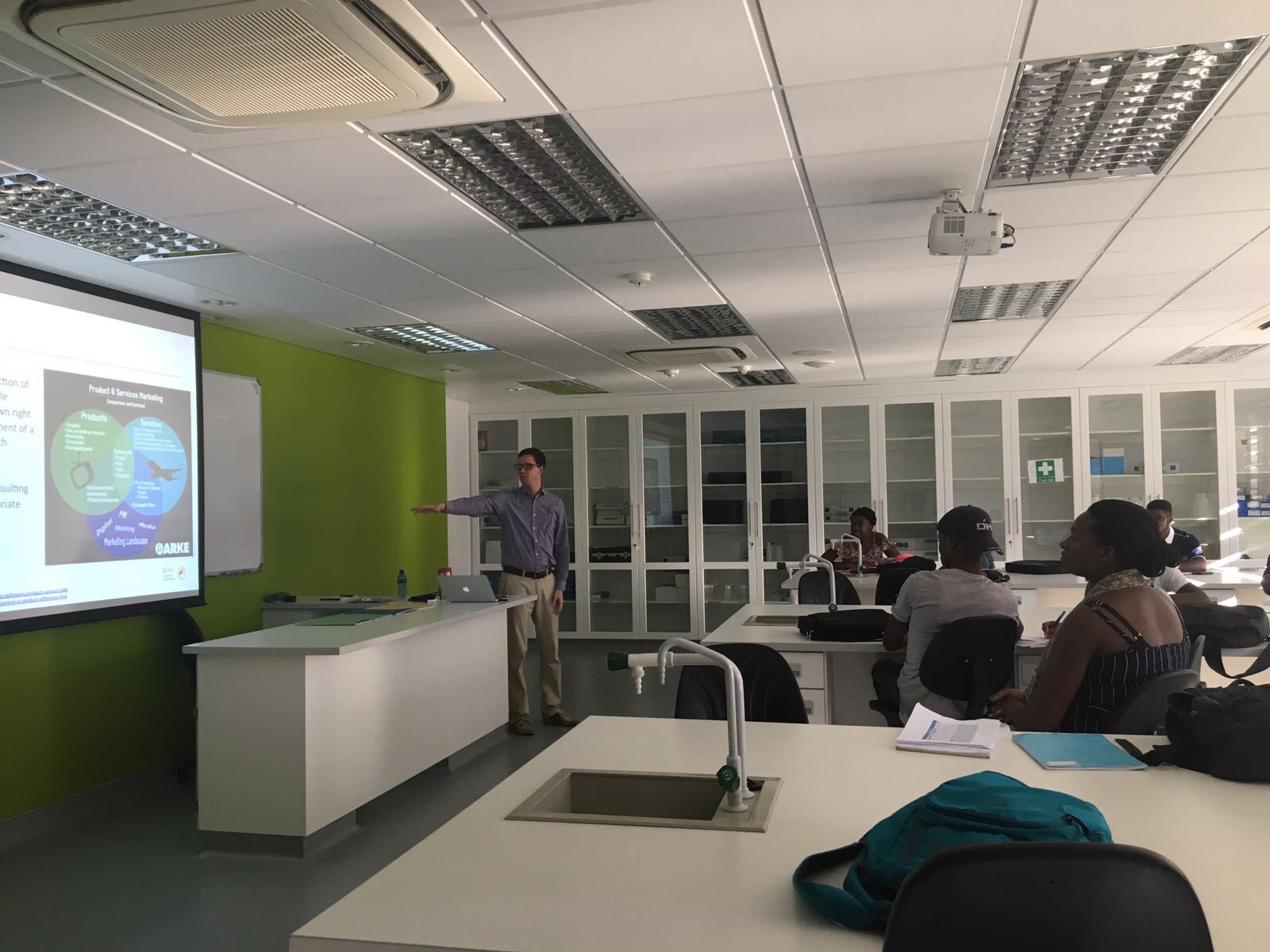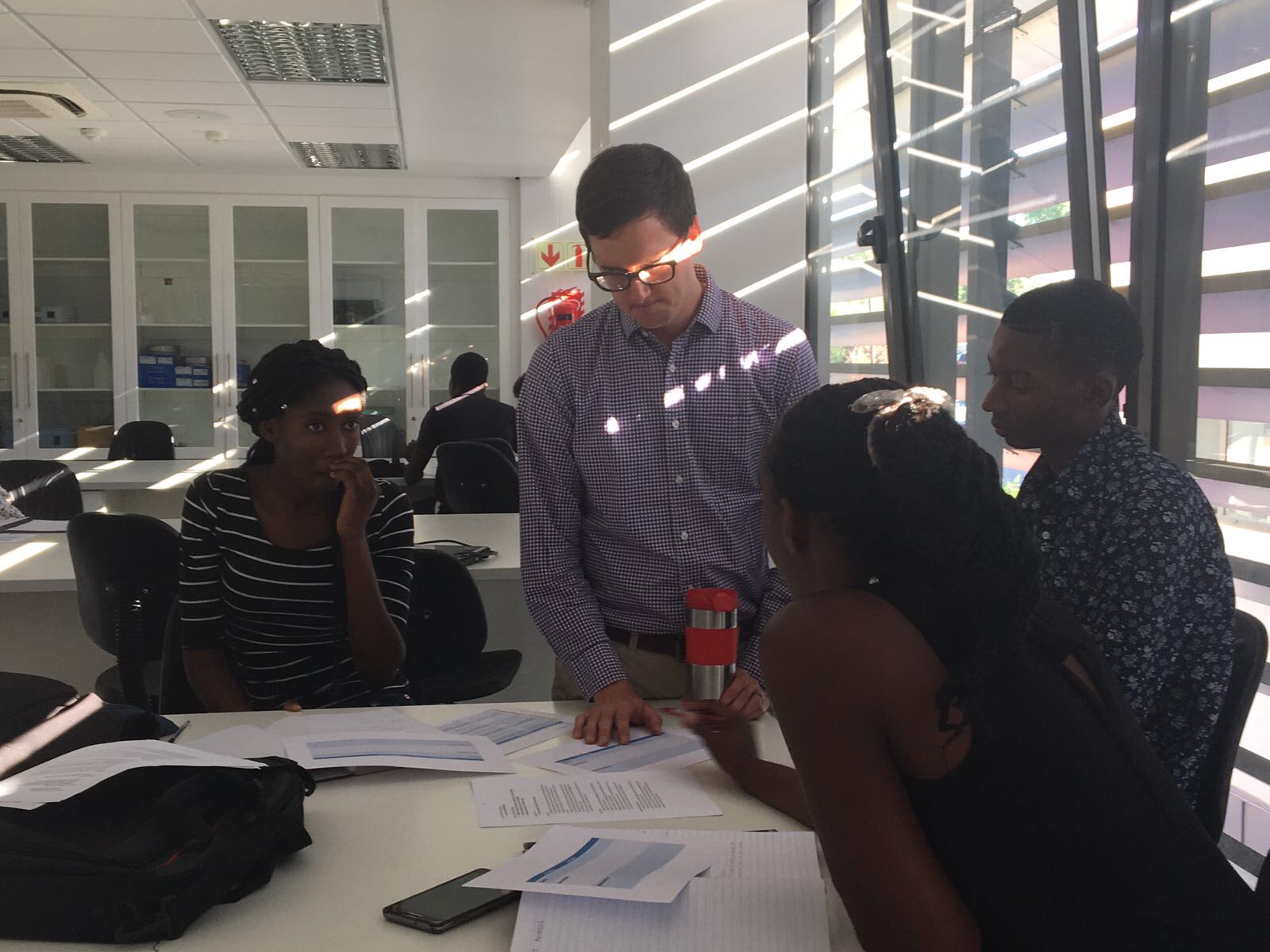Joe Wildfire
Global Access Knowledge Manager
F. Hoffmann-La Roche Ltd
Faculty of Health & Applied Sciences
Department of Health Sciences
Namibia University of Science and Technology
March 23 - April 05, 2017
Lectures at NUST
Teaching at NUST was a very rewarding experience, both personally and professionally. While I am confident my students learned much over just two weeks, I also know that I gained valuable insight and experience that have broadened my cultural knowledge and assisted in my professional development.
Two weeks is a short time in the life of a university student. Before the assignment, I pondered how I could maximize my impact while not overburdening the students with too many concepts & topics. What are the key concepts I wanted to them to take away from our time together? The 3rd and 4th year students would soon be starting their professional careers, many of them managers performing quality reviews of health facilities in the country. How could I equip them to be the best managers possible and to hit the ground running? What skills or topics did I wish I had spent more time developing when I entered the workforce?
In working with local lecturers, I decided to separate the content into three main segments: local healthcare issues/solutions, management topics, and management principles & techniques. But how to combine these elements into one cohesive lesson plan that could be easily delivered in just 9 days of classes, or 17 hours of study? I thought a business plan approach would not only convey the main elements but would be interactive and engaging as well – perhaps a welcome departure from their standard method of learning.
Local healthcare issues & solutions
To make the experience as relevant as possible, I began with an overview of the World Health Organization Millennium Development & Sustainable Development Goals related to health. These are important global measures that have real impact at a local level in Namibia. Then I evaluated the Namibian Government Vision 2030, which connects some of those health topics to challenges within the country. This enabled me to create suggested proposals to solve local healthcare issues based in reality. The students split into groups and randomly chose a proposal to focus on. Some examples included using drones to deliver medicines during outbreaks to rural areas, wearable technology for mothers & infants to reduce child mortality, and mobile health services for remote locations.
Management topics
When leading a project, team, department, or organization, employees to have to manage various aspects – almost like an entrepreneur or CEO would have to manage those very same things for his or her business. So I developed short exercises to review key management elements: Executive Summary, Vision/Mission, Products vs. Services, Customer Analysis, Competitor Analysis, SWOT, Sales & Marketing, Supply Chain Management, Financial Planning, and Scenario Planning. The students developed content for each section above in their business plans, using local case studies and templates for guidance.
Management principles & techniques
These are the softer skills involved in the workforce. In creating a written business plan with a corresponding verbal pitch, the students had to practice important skills, particularly relevant given the short timeframe (efficiency was a key skill!). Main skills I focused on included Project Management, Leadership, Public Speaking, Written Communications, Collaboration, Goal-setting, Delegation, and Analysis/Synthesis. Each class included short upfront lectures to review a certain topic, using case studies & examples. Then students applied that information to the relevant section of their business plan. Following some group work, each team would then practice presenting a section or two in front of the class, emphasizing the importance of verbal communication & presentation skills in the working world.
The students made remarkable transformations over those two weeks, from shy, nervous individuals to confident teams arguing effectively in support of their own ideas and challenging each other to succeed. In short, they were eager, engaged, and truly wanted to make a difference in their local environment, if not across the globe. I was proud to have taken a small part in helping to prepare these future leaders and was inspired by their positive outlook & creative solutions.









